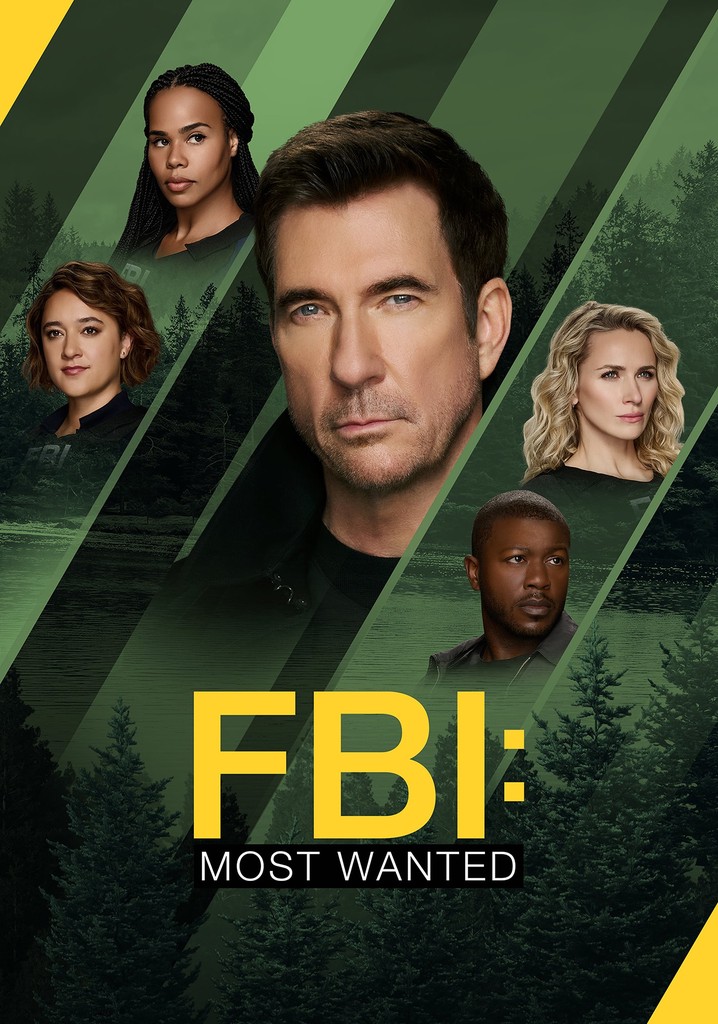FBI: Most Wanted Season 6: Remy's Key Questions To A Widower

Table of Contents
FBI: Most Wanted Season 6 has captivated audiences with its intense storylines and compelling characters. One particularly intriguing episode features Remy's sharp interrogation of a grieving widower, raising crucial questions about the case. This article delves into the key questions Remy poses, analyzing their significance and impact on the unfolding investigation. We'll examine Remy's interrogation strategies, the use of forensic evidence, and the overall effectiveness of his approach within the context of the FBI Most Wanted investigation.
The Widower's Suspicious Behavior: Initial Observations
Remy's expertise in criminal profiling is immediately evident in his initial assessment of the widower. The episode masterfully portrays the subtle signs of deception. Key elements of the FBI investigation hinge on observing seemingly insignificant details.
-
Remy's initial assessment of the widower's demeanor—nervous ticks, evasiveness: The widower's fidgeting, avoidance of eye contact, and hesitant responses immediately raise Remy's suspicion. These are classic indicators of deception often highlighted in criminal profiling training. The show cleverly showcases Remy's ability to read these subtle cues.
-
Discrepancies between the widower's alibi and witness testimonies: The widower's account of his whereabouts during the critical timeframe doesn't align with witness statements. This inconsistency forms a crucial element of the investigation, creating reasonable doubt and prompting a more thorough examination. The show skillfully uses this discrepancy to build suspense.
-
Analysis of the crime scene and its possible connection to the widower: The crime scene investigation provides circumstantial evidence that subtly links the widower to the victim. This connection, however subtle, fuels Remy's interrogation and forms a basis for his line of questioning.
-
Application of criminal profiling techniques to assess the widower's potential guilt: Remy uses his understanding of criminal psychology to anticipate the widower's reactions and build his interrogation strategy. This insightful approach exemplifies the importance of combining keen observation with forensic evidence and interrogation skills.
Key Questions Posed by Remy: Unmasking the Truth
Remy's interrogation isn't a simple Q&A; it's a strategic dance of carefully crafted questions designed to elicit a confession or reveal inconsistencies. His masterful questioning style showcases years of experience and training within the FBI.
-
Specific questions Remy asks regarding the victim's relationship with the widower: Remy strategically probes the nature of their relationship, looking for hints of conflict, resentment, or financial motivations. The questions are designed to uncover hidden details and gauge the widower's emotional responses.
-
The strategic use of leading questions to uncover hidden information: Remy uses leading questions carefully and sparingly, always mindful of legal procedures and the potential to taint evidence. The episode highlights the ethical considerations involved in interrogation techniques.
-
Remy's observation of the widower's emotional and physical reactions to each question: Remy is not just listening to the answers; he's observing the widower's body language, micro-expressions, and changes in vocal tone. These non-verbal cues are crucial in assessing the truthfulness of his responses.
-
The subtle pressure tactics employed by Remy to elicit a confession: The interrogation is a carefully constructed process, building pressure gradually. Remy uses a combination of facts, evidence, and psychological pressure to push the widower toward a confession, without ever crossing the line into coercion.
The Significance of Remy's Approach: A Masterclass in Interrogation
Remy's approach to interrogation distinguishes him from other agents. He combines psychology, observation, and strategic questioning to achieve results. This section explores this in greater detail within the context of standard FBI investigative techniques.
-
How Remy's questioning style differs from other agents on the team: The show subtly portrays Remy's unique approach—a blend of empathy and firmness. His ability to connect with the suspect on a human level, while maintaining professional distance, is a key element of his success.
-
The effectiveness of Remy’s approach in eliciting a confession or uncovering crucial evidence: The episode showcases the effectiveness of Remy's methods. His interrogation, while intense, doesn’t rely solely on aggressive tactics. The combination of empathy and controlled pressure is what makes his methods so successful.
-
Ethical considerations surrounding Remy's interrogation methods: The episode subtly touches upon ethical considerations surrounding interrogation tactics. While Remy pushes the widower, he remains within the bounds of legal procedure, ensuring the confession or evidence gathered is admissible in court.
-
The impact of Remy’s skills on the overall success of the FBI Most Wanted investigation: Remy's expertise is crucial to the success of the FBI Most Wanted investigation. His ability to extract information and uncover the truth directly impacts the case's outcome.
The Role of Forensic Evidence in Corroborating Remy's Findings
Forensic science plays a pivotal role in supporting and validating Remy's findings. The combination of interrogation skills and forensic evidence is what secures justice.
-
How forensic evidence supports or contradicts the widower's statements: The forensic evidence either confirms or refutes the widower's claims. This interplay between interrogation and forensic analysis is a key element of effective criminal investigation.
-
The interplay between Remy's questioning and the forensic analysis: Remy's questioning often guides the direction of the forensic investigation, leading to the discovery of crucial evidence. The episode masterfully depicts this synergy between interrogation and forensic science.
-
The importance of forensic science in solving complex criminal cases like this: The episode highlights the importance of integrating forensic science with effective interrogation techniques. The combined approach enhances the chances of a successful investigation and a just resolution.
Conclusion
Remy's interrogation of the widower in FBI: Most Wanted Season 6 serves as a compelling example of masterful investigative techniques. The episode highlights the importance of keen observation, strategic questioning, and the integration of forensic evidence in uncovering the truth. Remy's approach underscores the complexities of criminal investigations and the crucial role of skilled agents in bringing justice.
Call to Action: Did you find Remy's interrogation techniques compelling? Share your thoughts on FBI Most Wanted Season 6 and discuss your favorite moments from Remy's investigations in the comments below! Let's dive deeper into the intricacies of this captivating crime drama and analyze the effectiveness of FBI Most Wanted's interrogation strategies. What other aspects of Remy’s investigative skills impressed you in this and other episodes of FBI Most Wanted Season 6?

Featured Posts
-
 Dwytshh Bnk Ywse Ntaq Aemalh Fy Alimarat Alerbyt Almthdt
May 30, 2025
Dwytshh Bnk Ywse Ntaq Aemalh Fy Alimarat Alerbyt Almthdt
May 30, 2025 -
 Fc Augsburg Gouweleeuw En De Impact Van Een Nieuwe Trainer
May 30, 2025
Fc Augsburg Gouweleeuw En De Impact Van Een Nieuwe Trainer
May 30, 2025 -
 Six Months Jon Jones Demand Before Aspinall Rematch
May 30, 2025
Six Months Jon Jones Demand Before Aspinall Rematch
May 30, 2025 -
 The Ongoing Battle Car Dealers Resist Electric Vehicle Requirements
May 30, 2025
The Ongoing Battle Car Dealers Resist Electric Vehicle Requirements
May 30, 2025 -
 Elon Musk Denies Fatherhood After Amber Heards Twins Birth
May 30, 2025
Elon Musk Denies Fatherhood After Amber Heards Twins Birth
May 30, 2025
